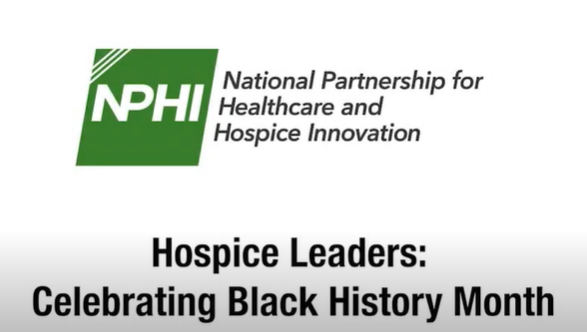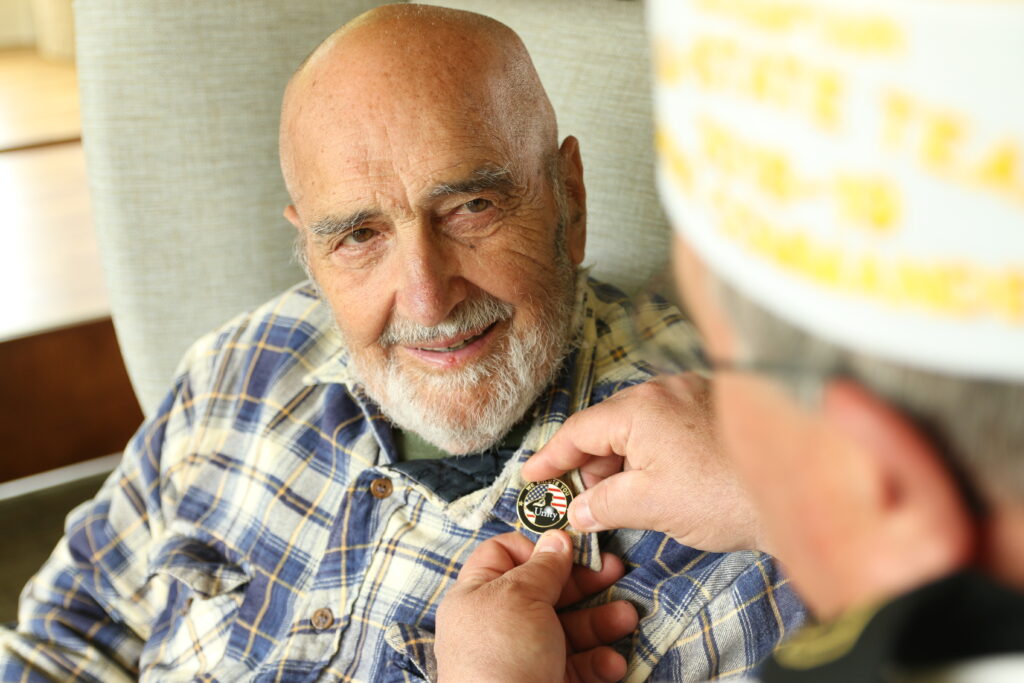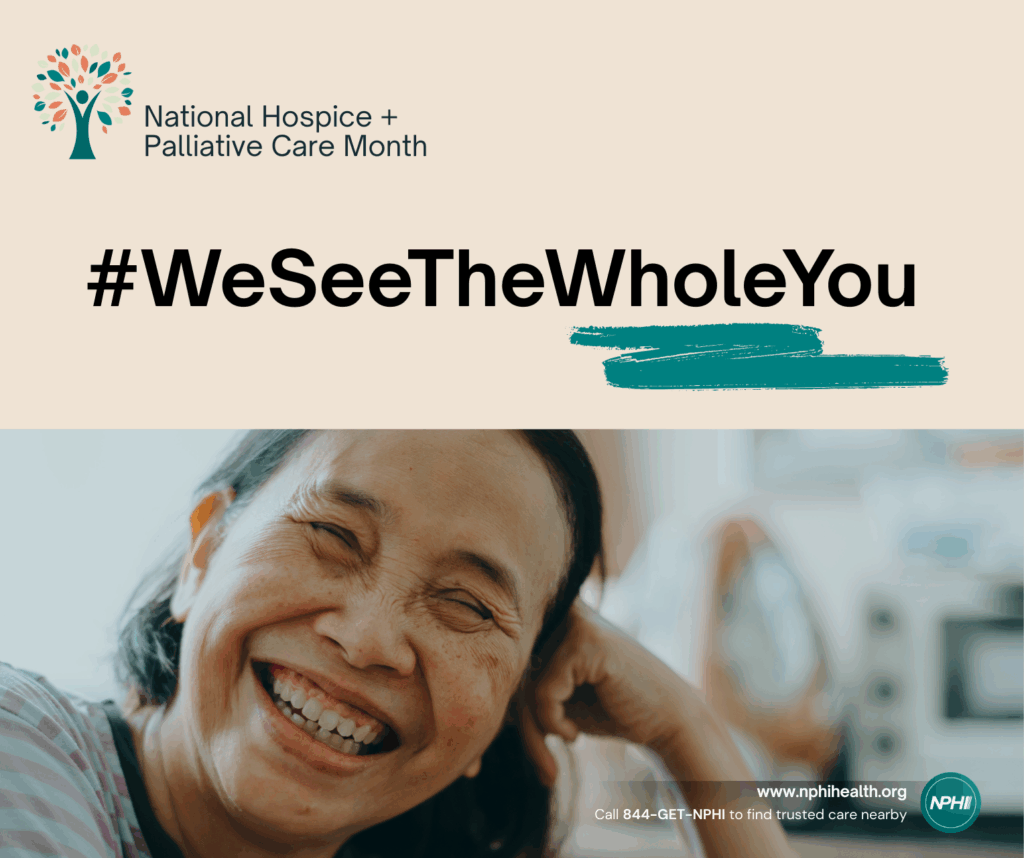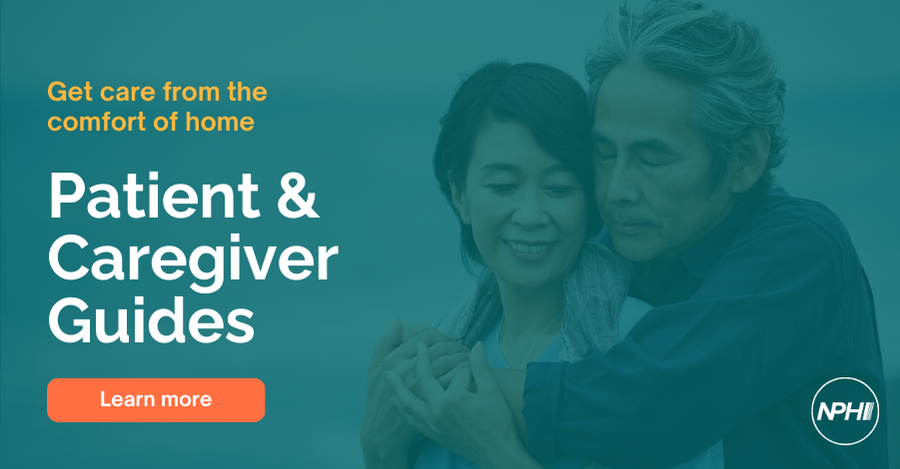Holly Vossel, Hospice News
A wide breadth of tactics, strategies and initiatives have sprung up in recent years as more hospices seek to foster diversity among patients and staff. Improving equity and access to end-of-life and serious illness care has been a tough course for many providers to navigate, and creating lasting change will require cultural and organizational shifts, according to hospice leaders.
A number of hospices have employed various strategies to reach the underserved, including community engagement and partnerships, increasing public awareness and education campaigns, and leveraging patient data to identify unmet needs.
While these initiatives make a difference, principles of equitable and inclusive care must be woven into an organization’s fabric, according to Keith Everett, CEO of Louisiana-based Hospice of Acadiana, Inc.
“When you develop a program, it means that potentially it may stop. We have to get out of the mindset of developing a program and into making this part of our cultural fabric,” Everett told Hospice News in a National Partnership for Hospice Innovation (NPHI) presentation. “It’s not something that eventually ends, this is something that we have to continuously work towards. Equity, inclusion, diversity, belonging — these things have to be part of the cultural and moral fabric of the organization in a way that it lasts over the test of time.”
A few of the barriers that hospices are confronting include race, socioeconomic status, some religious concerns and sexual orientation or gender identity. Providers are working to reach these communities.
A majority of hospice providers who participated in a 2020 study published in the BMJ Supportive & Palliative Care Journal indicated that racial, ethnic and minority disparities were an impetus for expanding diversity initiatives within their organizations.
Last year, more than 70% of an Axxess survey of home-based care organizations indicated that increasing resources for staff diversity, equity and inclusion was a top priority, while 91% of respondents from larger organizations indicated that they are focused on the issue and addressing it.
Building health equity is a two-fold goal in terms of improving access to care and representation among staff who provide it, according to NPHI President Carole Fisher.
“One [goal] is to make sure everyone has access to care — no matter the color of someone’s skin, their gender identity, sexual preference, religion — everyone should have access,” Fisher told Hospice News. “To know better is to do better. There’s a lot of work in that area. Then the second overarching goal is to ensure the workforce is representative of all people, and that we’re promoting professional opportunities rooted in health equity.”
These approaches can pay off, both in human and financial terms.
Companies that develop socially-conscious practices for racial and ethnic diversity were 35% more likely to have financial returns above their respective national industry medians, according to a 2015 McKinsey & Company report. Meanwhile, those that focused on gender diversity were 15% more likely to have higher financial returns, the report indicated.
As providers strategize for long-term improvement in closing gaps among underserved populations, recognizing differences in cultural beliefs and backgrounds will be key, along with developing a common definition of what equitable care means, according to Everett.
“From a leadership, management and conflict-resolution perspective, it’s important to recognize all of these differences in cultures,” said Everett. “Recognizing the differences of opinions and cultures can actually create an idea or innovation that sparks something in the future. What does equity really mean? If we can truly get to a place of having common definitions around these things, it will allow us to create a foundation to move this space forward.”
See Video Here









